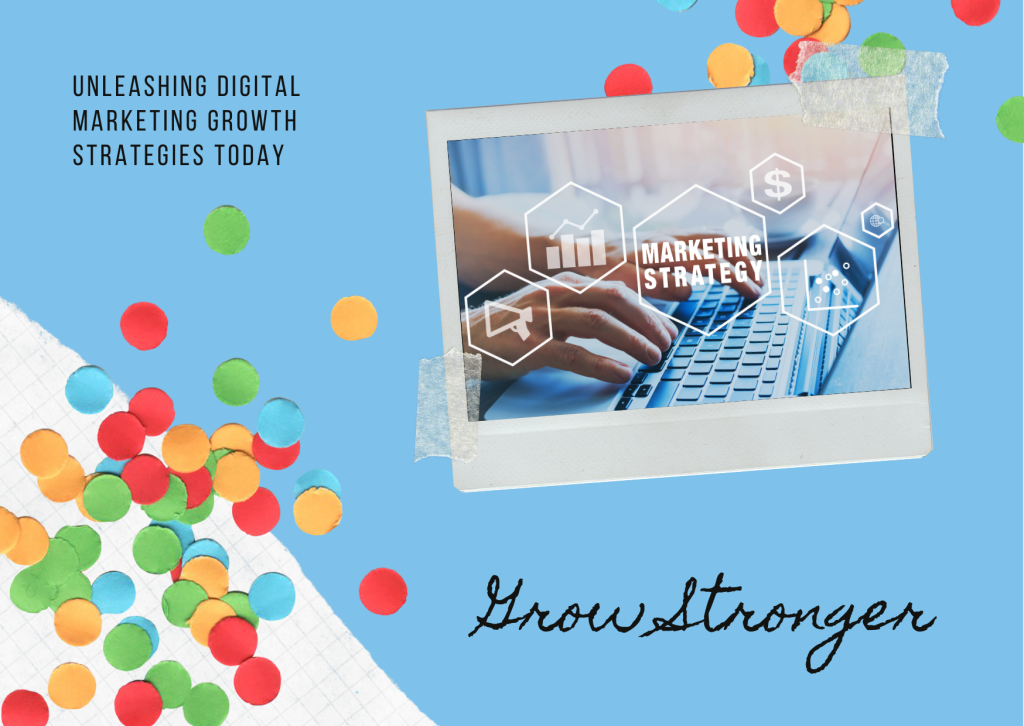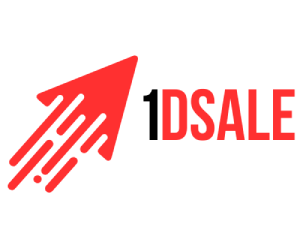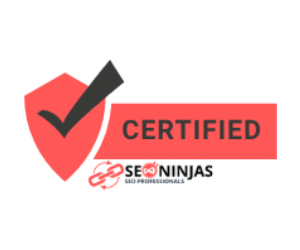In today’s digital age, effective digital marketing strategies are essential for businesses aiming to thrive and expand their reach. Digital marketing encompasses a broad range of tactics and channels, each designed to connect businesses with their target audiences in meaningful ways.
1. Search Engine Optimization (SEO):
SEO is a cornerstone of digital marketing, focusing on improving a website’s visibility in search engine results. By optimizing keywords, content, and technical aspects of your site, you can attract organic traffic and enhance your online presence. Businesses that invest in SEO often experience increased website traffic, higher conversion rates, and improved brand credibility.
2. Content Marketing:
Content marketing involves creating and distributing valuable, relevant content to attract and engage a target audience. This can include blog posts, articles, videos, infographics, and more. By consistently producing high-quality content that addresses the needs and interests of your audience, you can establish thought leadership, build trust, and drive conversions.
3. Social Media Marketing:
Social media platforms offer powerful channels for businesses to connect with their audience, build brand awareness, and drive engagement. Effective social media marketing involves creating compelling content, engaging with followers, running targeted ads, and analyzing metrics to optimize performance. Platforms like Facebook, Instagram, LinkedIn, and Twitter each offer unique opportunities to reach specific demographics and achieve marketing goals.
4. Pay-Per-Click Advertising (PPC):
PPC advertising allows businesses to place ads on search engines and other digital platforms, paying only when users click on their ads. Platforms like Google Ads and Bing Ads enable businesses to target specific keywords and demographics, ensuring their ads are displayed to relevant audiences. PPC campaigns can generate immediate traffic and conversions, making them a valuable complement to organic marketing efforts.
5. Email Marketing:
Email marketing remains a powerful tool for nurturing leads, retaining customers, and driving sales. By segmenting your email list and delivering personalized, relevant content, you can build relationships with your audience and encourage repeat business. Automated email campaigns can streamline communication and deliver timely messages based on user behavior and preferences.
6. Analytics and Data-Driven Decision Making:
Successful digital marketing strategies rely on data analysis to measure performance, identify trends, and make informed decisions. Tools like Google Analytics provide valuable insights into website traffic, user behavior, and conversion rates, helping businesses refine their marketing strategies for optimal results.
7. Mobile Optimization:
With an increasing number of users accessing the internet via mobile devices, optimizing your digital marketing efforts for mobile is crucial. Ensure your website is responsive, pages load quickly, and content is easy to consume on smaller screens. Mobile-friendly ads and campaigns can enhance user experience and drive engagement among mobile users.
By integrating these digital marketing strategies into your business plan, you can effectively reach your target audience, increase brand visibility, and drive growth. Continuously monitor and adapt your strategies based on analytics and market trends to stay competitive in today’s dynamic digital landscape.





